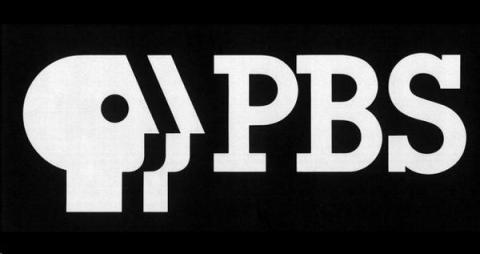Court Lifts Ban on Political Ads on Public TV and Radio Stations

From New America Media and Trial Insider:
A federal appeals court lifted the ban on political and public- issue ads on public radio and television stations, opening the door for the paid ads to run in time for election season.
The 9th Circuit Court of Appeals split on the issue in a 2-1 vote Thursday, rejecting the Federal Communications Commission argument that educational programming will suffer.
Instead, the majority held the law banning the ads was a “content-based ban on speech because it bans political and issue advertising.”
The majority did maintain the ban on advertising goods and services of for-profit entities by noncommercial public radio and TV. No pitches by car salesmen, but plenty by politicians as a result of the decision.
The suit was brought by Minority Television Project, which operates KMTP-TV in San Francisco in what is described as multicultural programming. It airs a wide variety of non-English language television shows.
Minority Television Project was fined $10,000 by the FCC for violating the advertising rules. It paid the fine in 2003 but filed a complaint in the Northern District court in San Francisco challenging the FCC restrictions.
Magistrate Judge Elizabeth Laporte found the FCC rule was narrowly tailored to meet the substantial government interest of maintaining educational programming on public stations and thus not a First Amendment violation. But appeals court disagreed.
“Neither logic nor evidence supports the notion that public issue and political advertisers are likely to encourage public broadcast stations to dilute the kind of noncommercial programming whose maintenance is the substantial interest that would support the advertising bans,” wrote Judge Carlos Bea, joined by Judge John Noonan.
Unlike commercial stations, public broadcast stations are expected to rely on state subsidies, individual donors, grants, corporate contributions and special events for funding.
The Justice Department argued that the FCC ban on political ads was needed to maintain the educational nature of public broadcast stations.
In dissent, Judge Richard Paez wrote, “For almost sixty years, noncommercial public broadcasters have been effectively insulated from the lure of paid advertising. The court’s judgment will disrupt this policy and could jeopardize the future of public broadcasting.”




























































































































































































































































































































